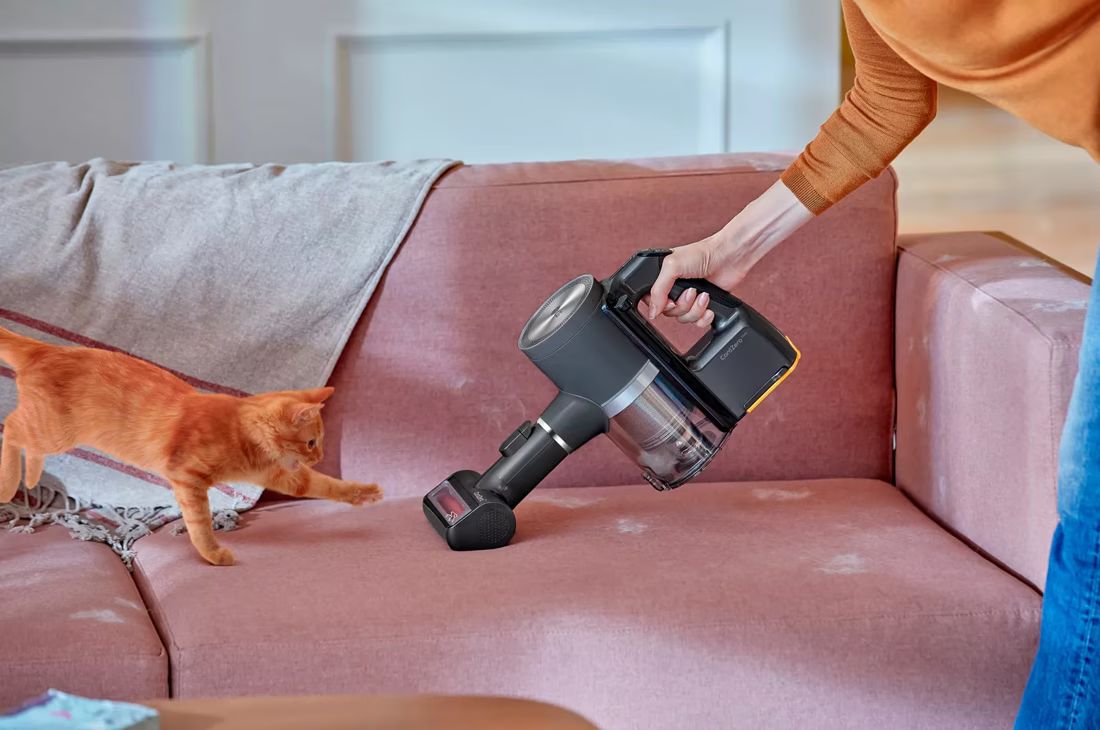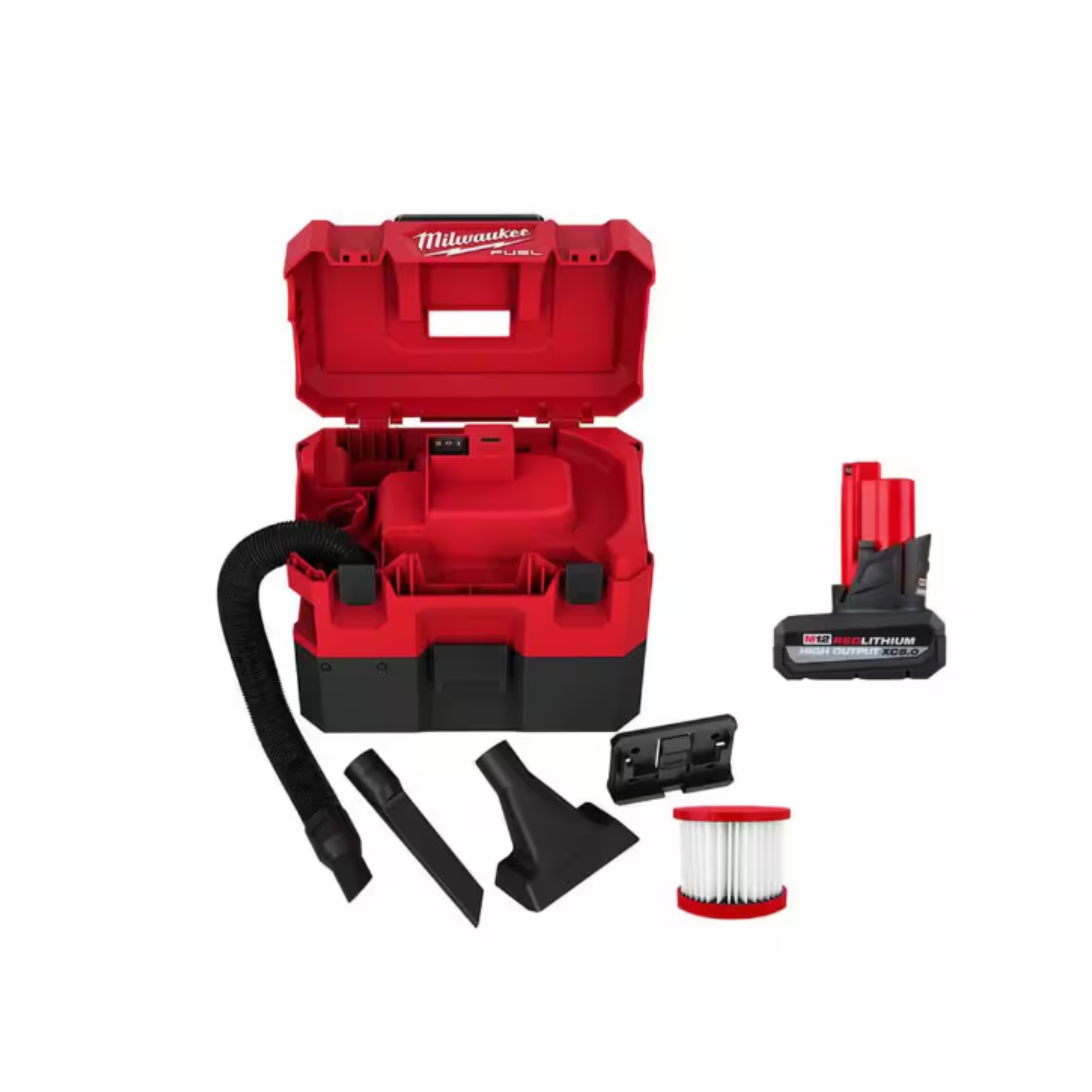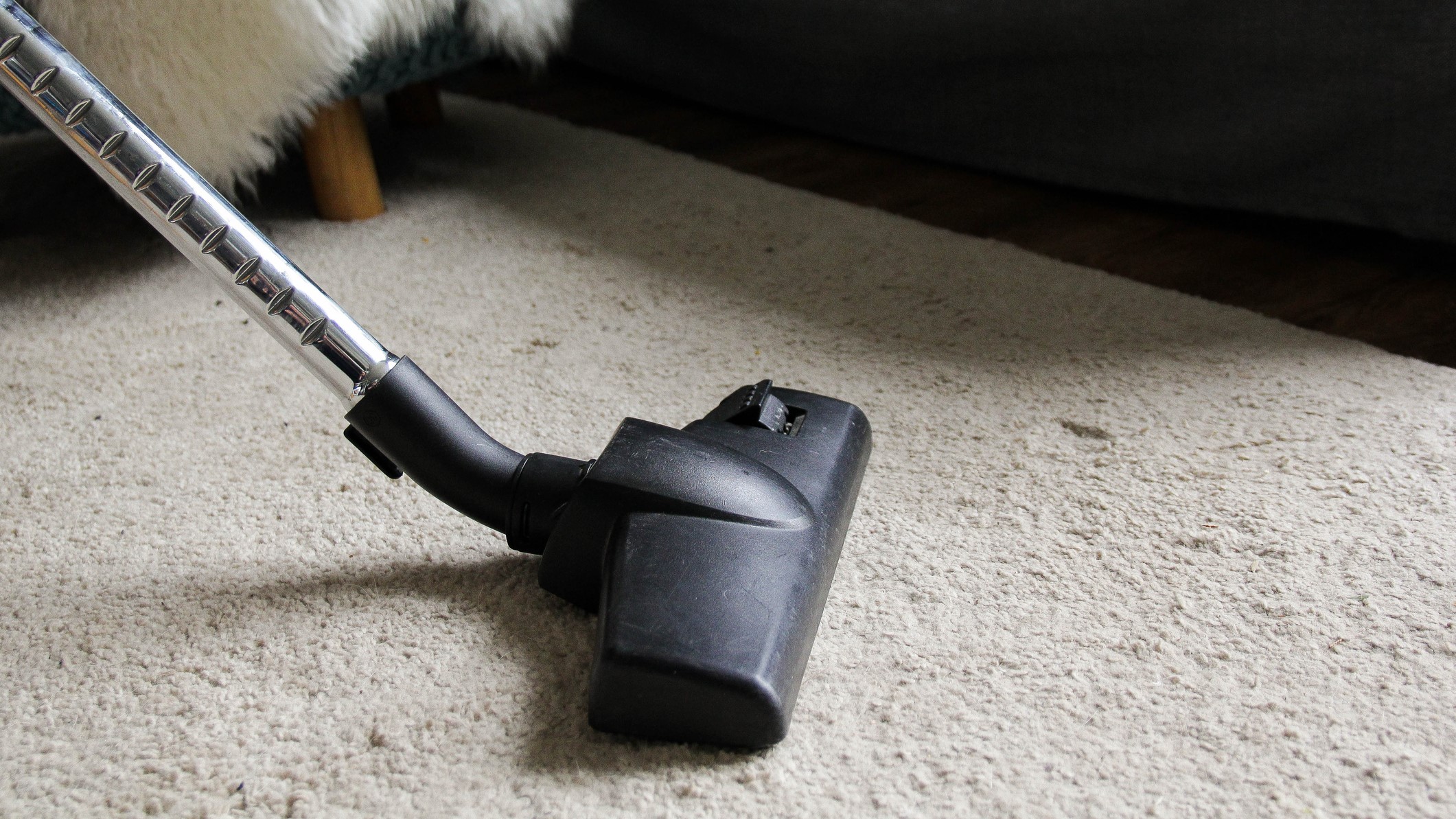
Hearing glass shatter in your home isn't a great experience. You've likely lost something useful or precious, be it a tumbler or a snow globe, and then comes the task of cleaning it up before you, someone in your home – or a pet – gets a cut from it.
Carefully disposing of the large shards and vacuuming the rest is pretty standard for most, but vacuums are not invincible, and experts share their advice on the appliances that can hack vacuuming glass, which types you shouldn't use and what to do instead.
Sometimes, even the best vacuum cleaners may not be suitable or capable of sucking up broken glass, so learn what you can do instead to safely and quickly remove the glass.
Can you vacuum broken glass?
In short, no. Shards of glass can cause serious damage to your vacuum cleaner because of how sharp and dense they are.
'While it might seem like a quick way to clean up the mess, using a vacuum could actually cause more problems than it solves,' explains Olga Getta, appliance repair manager from Home Alliance.
'[Glass] can puncture the vacuum bag or container, clog the hose, or even scratch and damage the internal components, like the motor or fan. Plus, if the glass is wet or sticky, it can create even more issues by gumming up the vacuum's internals.'

It may not come as a surprise that glass can cause damage to our vacuums, but it's useful to know just how much damage it can actually cause.
Andy Shu, appliance technician at Zapfixers, has had first-hand experience, adding, 'I once had to replace an entire vacuum filter system because the glass had torn it to shreds. The glass can puncture the bag or clog filters, leading to poor performance or complete failure.'
Glass can also get lodged in the hose, creating blockages or scratching it up, which can lead to reduced suction. Andy says, 'I’ve seen vacuums with motors that were completely shot because tiny glass pieces got into the inner workings,' he adds.
So, as a rule, avoid vacuuming glass to protect your vacuum cleaner from damage. Andy advises, 'If you absolutely must vacuum, stick to very small shards, and only if you’re using a vacuum that’s designed to handle it —like a shop vacuum with a heavy-duty filter.'
Often referred to as shop vacs, the more durable wet/dry vacuums are capable of handling much tougher messes like outdoor debris, glass and liquids. I spend hundreds of hours testing and reviewing vacuums every year and recommend any of the shop vac options available at Home Depot.

I particularly like this compact but powerful Milwaukee M12 FUEL Cordless Wet/Dry Vacuum, available for home delivery from Home Depot. It makes a rugged addition to your cleaning toolkit thanks to how small and convenient it is, with a hanging mount and internal storage to keep the powerful vacuum neatly organized when not in use.
What should you do instead to clean broken glass?

'The best approach is to use a broom and dustpan first,' Andy suggests. 'Carefully sweep up the larger pieces of glass, and then use something like a damp paper towel or a piece of bread to pick up the smaller shards. You can also use a sticky lint roller for those tiny, almost invisible bits.' You can find plenty of affordable lint rollers at Amazon.
Using food to help with broken glass is actually a proven cleaning hack. Ken Doty, cleaning expert and COO of The Maids agrees, but prefers a potato to bread.
Ken says, 'Cut a potato in half and use both halves to trap broken glass to remove it from your floor or counter. Press the flesh side of the potato on the broken glass without rubbing back and forth to prevent scratches. Throw away when done and and wipe away any residue with a damp cloth.'
If using this method, make sure to really check that all glass shards have been picked up. Use your phone torch to scan across the floor or counter to make sure there aren't any tiny pieces still lingering.
If you're finding yourself often cleaning up tough messes, it might be a good idea to invest in a wet/dry vacuum. There are countless messes that wet/dry vacs can clean that regular vacs can't handle.







